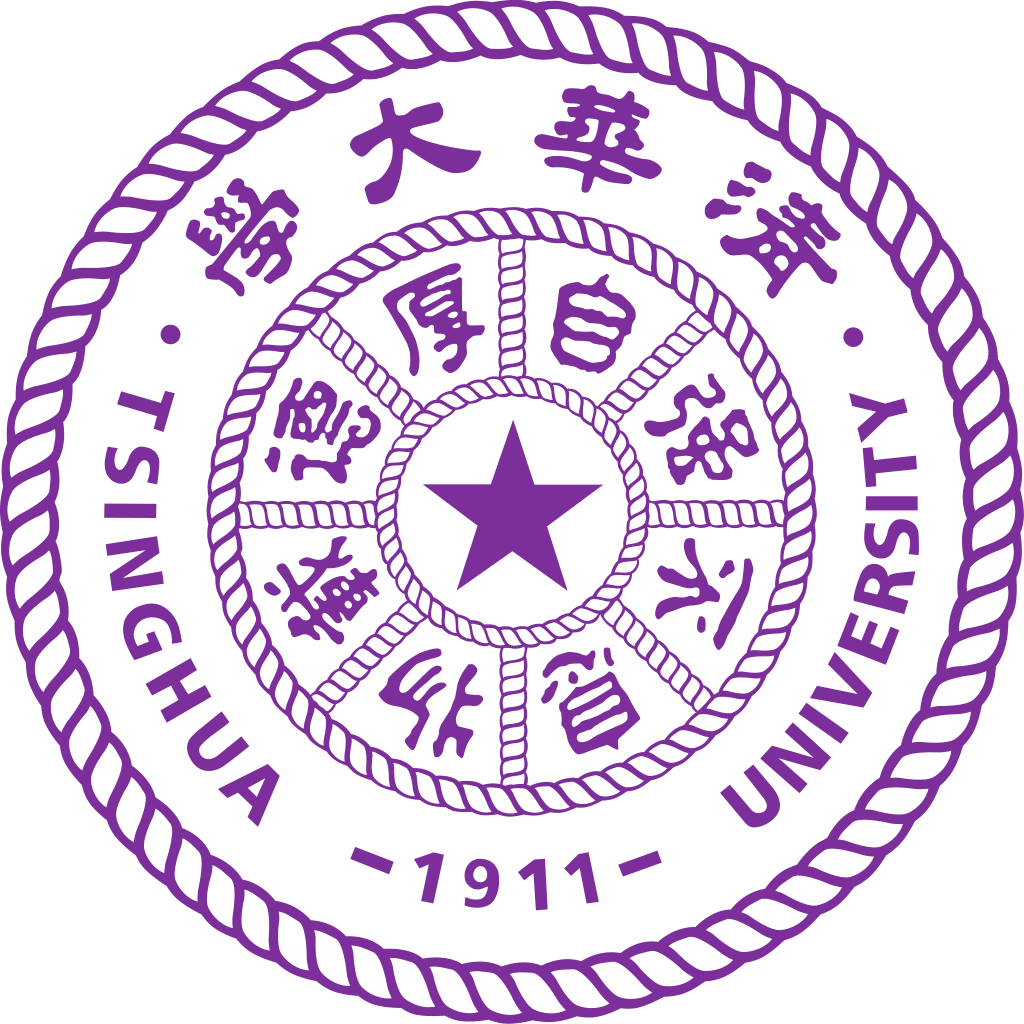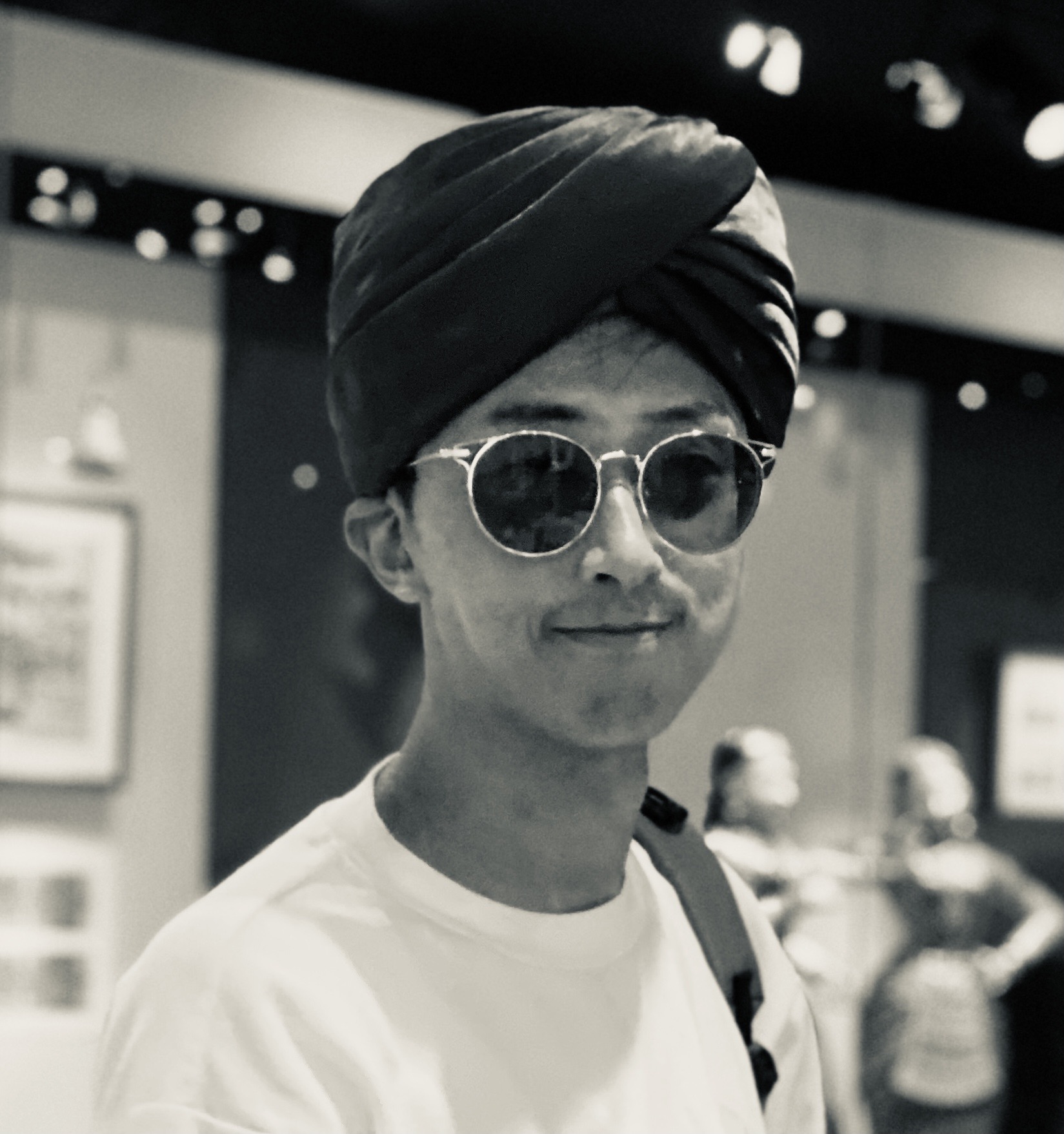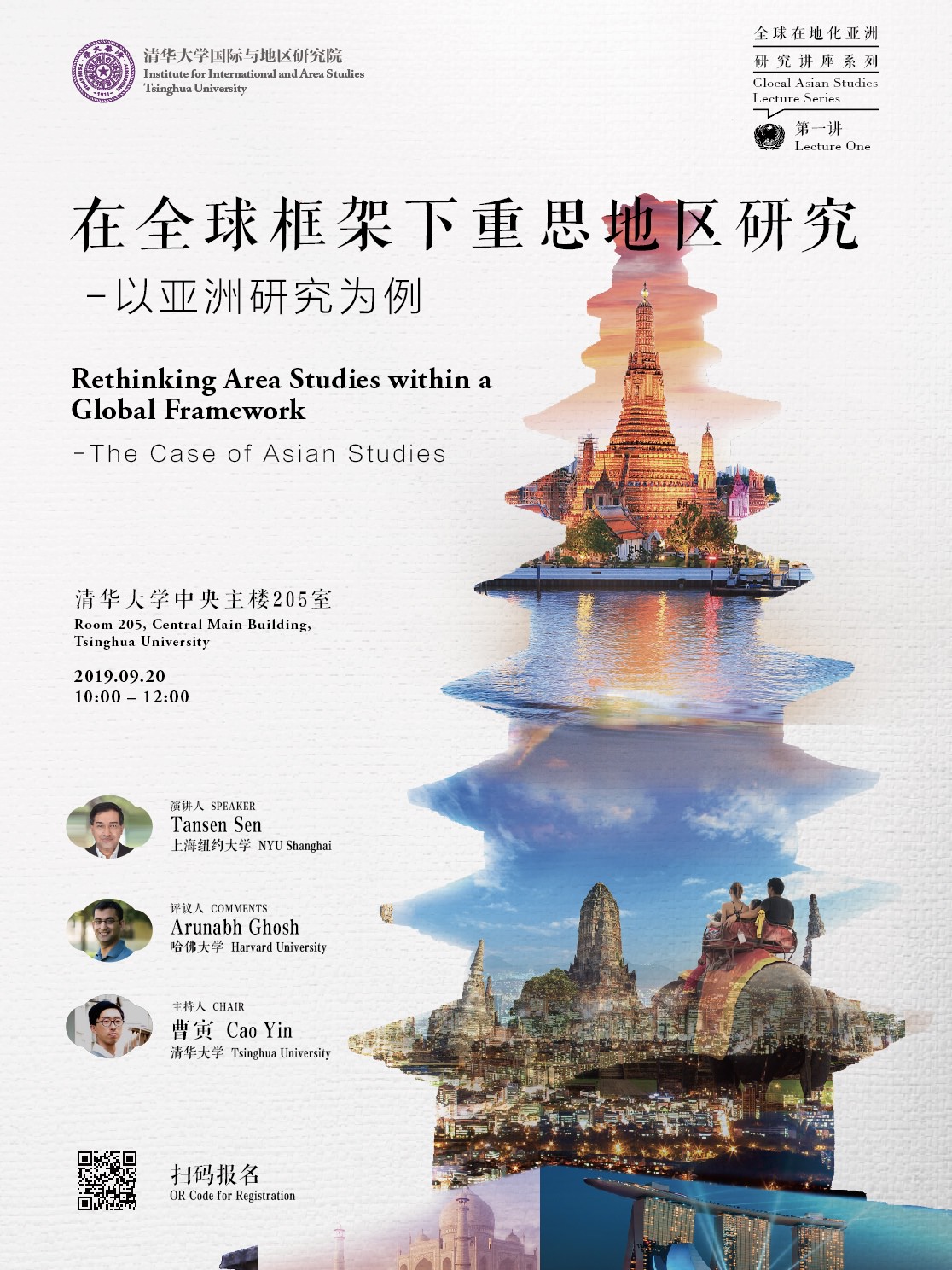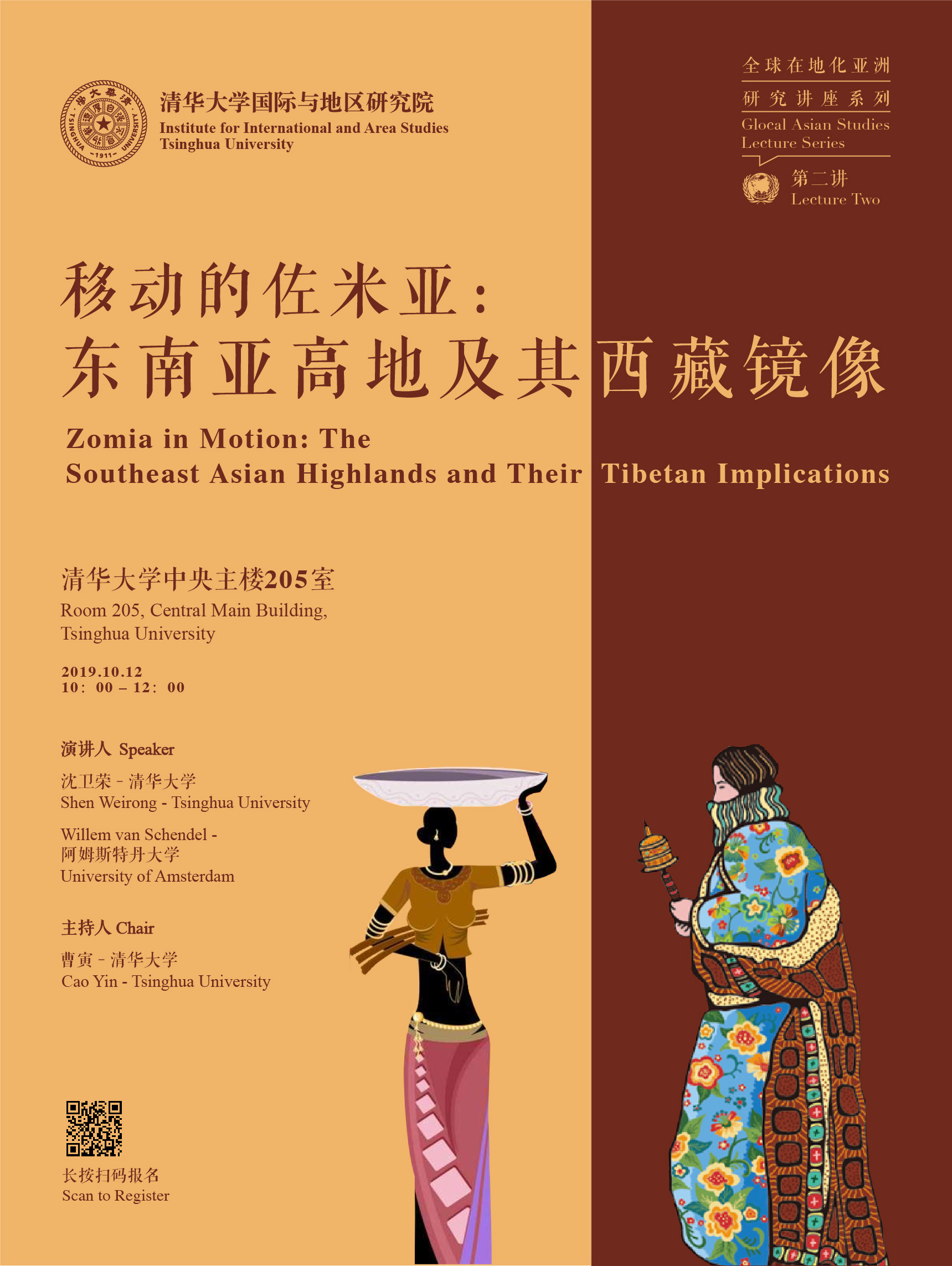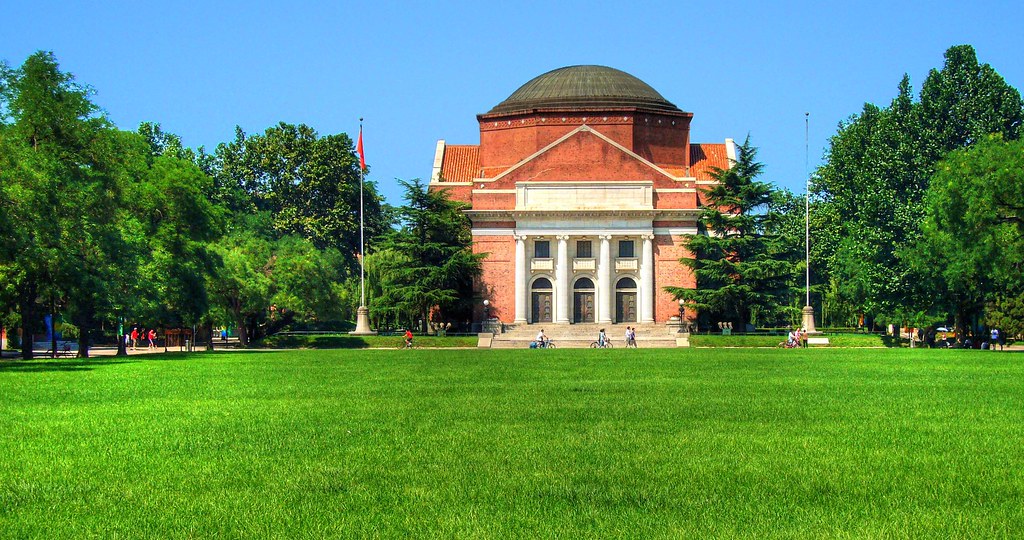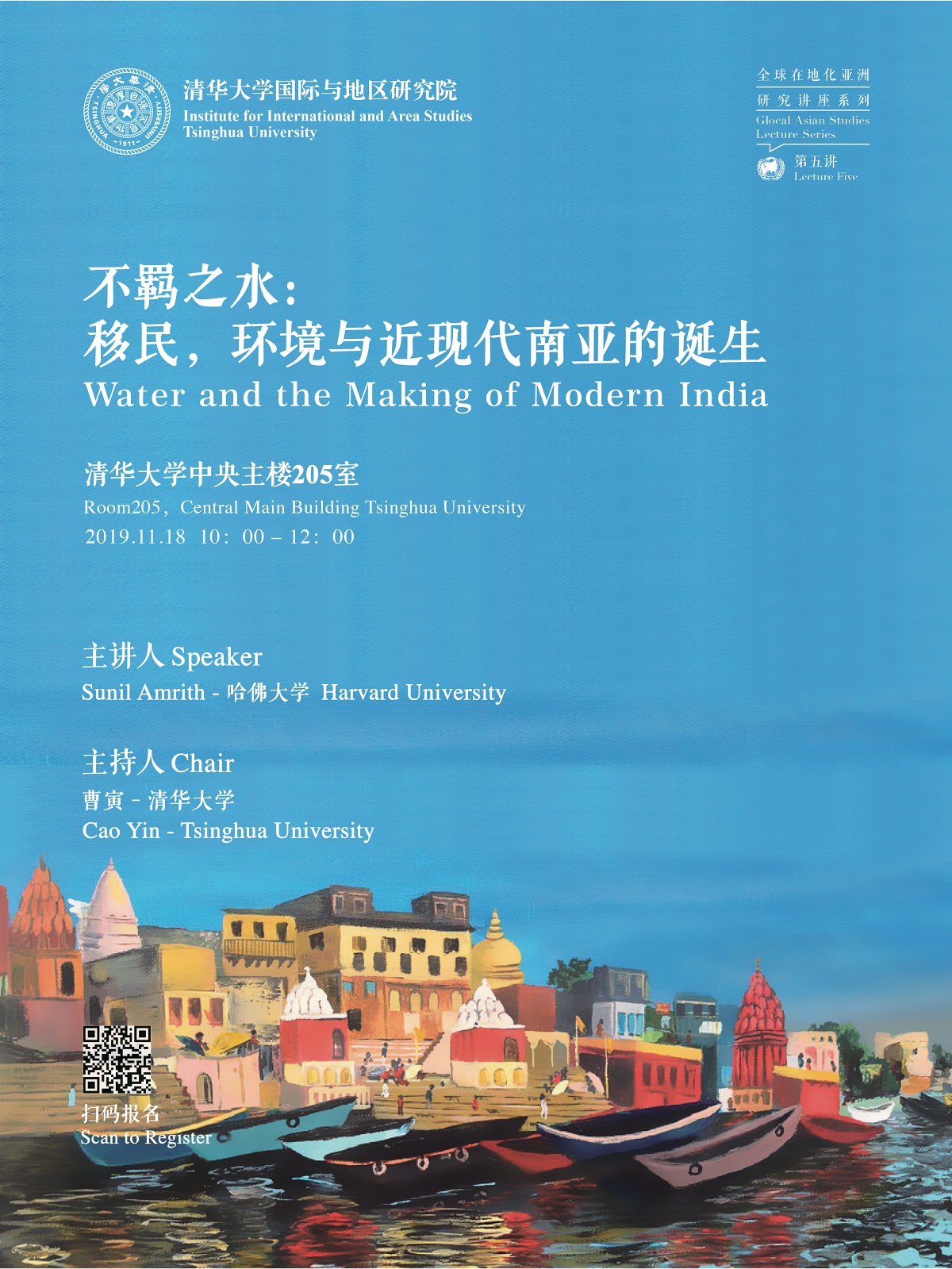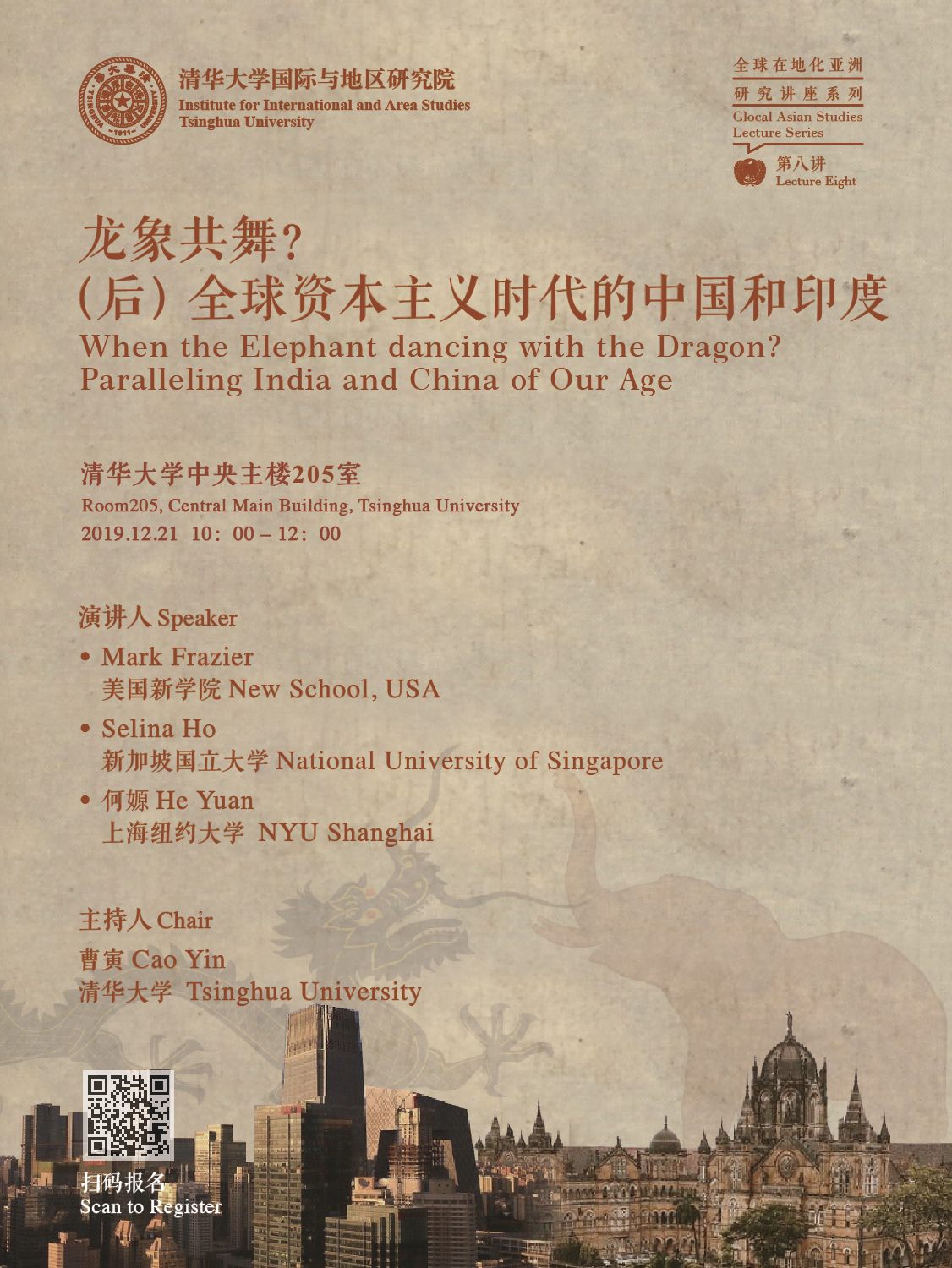Amid the rapidly increasing engagement between China and the rest of the world, when the importance of Chinese Studies is receiving wider recognition and critical evaluation outside China, Chinese scholars have also been striving to learn more about the rest of the world, especially the regions in Asia. As a result, the discipline of Asian Studies has witnessed remarkable growth in China during the past decade.
In this series of interviews by the Centre for Global Asia at NYU Shanghai, we aim to provide insights into how the study of Asia has developed in China. We examine the history as well as the current landscape of Asian Studies through dialogues with scholars at various academic institutions in mainland China who have made outstanding contributions to the field.



